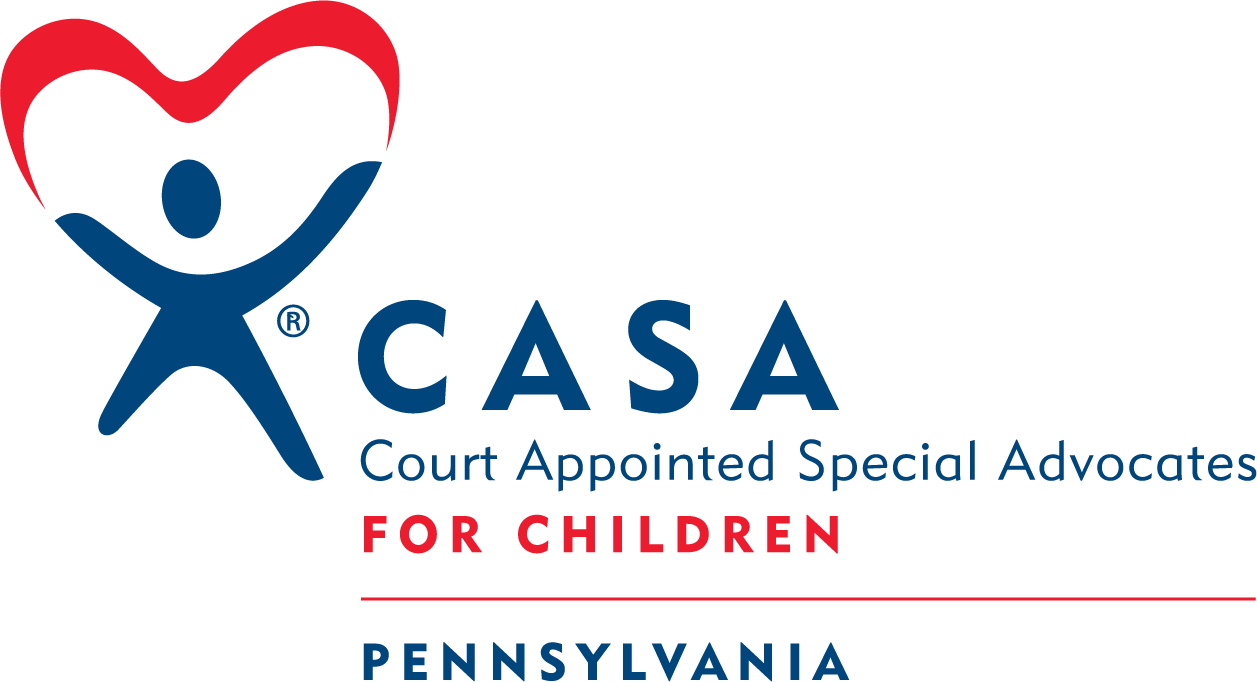PTSD Awareness Day: Recognizing the Trauma of Foster Care

Post-Traumatic Stress Disorder (PTSD) is often associated with combat veterans, but research shows that youth in foster care experience PTSD at rates even higher than veterans. On PTSD Awareness Day, we recognize the profound impact of trauma on children in the foster system and the importance of trauma-informed support.
For many youth in care, trauma is not a single event but a series of ongoing and compounding experiences. Removal from their home, no matter the circumstances, is inherently traumatic. Many have already endured abuse, neglect, or exposure to violence before entering the system. Once in care, they may face additional harm through multiple placements, institutional settings, and the absence of consistent, supportive relationships.
A 2021 study found that over 77% of foster youth received a PTSD diagnosis during their time in care, a rate significantly higher than that of combat veterans (McGuire et al.). Though the data is clear, trauma-driven behaviors in foster youth continue to be misinterpreted, labeled as defiance, and met with consequences instead of compassion.
How CASA Volunteers Can Support Youth with PTSD
Court Appointed Special Advocates (CASAs) play a crucial role in interrupting these harmful patterns. By showing up consistently and advocating through a trauma-informed lens, they can help ensure that youth impacted by trauma receive the care, understanding, and stability they deserve. Here’s how advocates can help:
Understanding Trauma Responses – PTSD symptoms can include hypervigilance, emotional numbness, flashbacks, difficulty trusting others, and intense reactions to reminders of past trauma. Advocates who recognize these signs can help ensure youth are met with support rather than punishment.
Advocating for Trauma-Informed Care – Many foster youth do not have access to specialized mental health services. CASAs can push for trauma-informed therapy, appropriate placements, and supportive educational environments.
Providing Stability – One of the most significant protective factors for youth with PTSD is having a stable, supportive adult in their life. By showing up consistently, listening, and validating their experiences, CASAs help foster youth feel seen and heard.
Encouraging Healthy Coping Strategies – Many youth with PTSD struggle with emotional regulation. Helping them find healthy coping mechanisms—whether through mindfulness, creative outlets, or physical activity—can be life-changing.
Challenging Stigma – Youth with PTSD are often misunderstood. Advocates can educate others in the system—caseworkers, foster parents, teachers—about trauma’s impact and the importance of responding with empathy rather than judgment.
Breaking the Cycle of Trauma
On PTSD Awareness Day, we recognize that healing is possible only when trauma is acknowledged and addressed. By ensuring that foster youth receive the support they need, we can break the cycle of trauma and create pathways to resilience.
McGuire, Austen, et al. “The Trajectory of PTSD among Youth in Foster Care: A Survival Analysis Examining Maltreatment Experiences Prior to Entry into Care.” Child Abuse & Neglect, vol. 115, 2021, p. 105026.

Responses